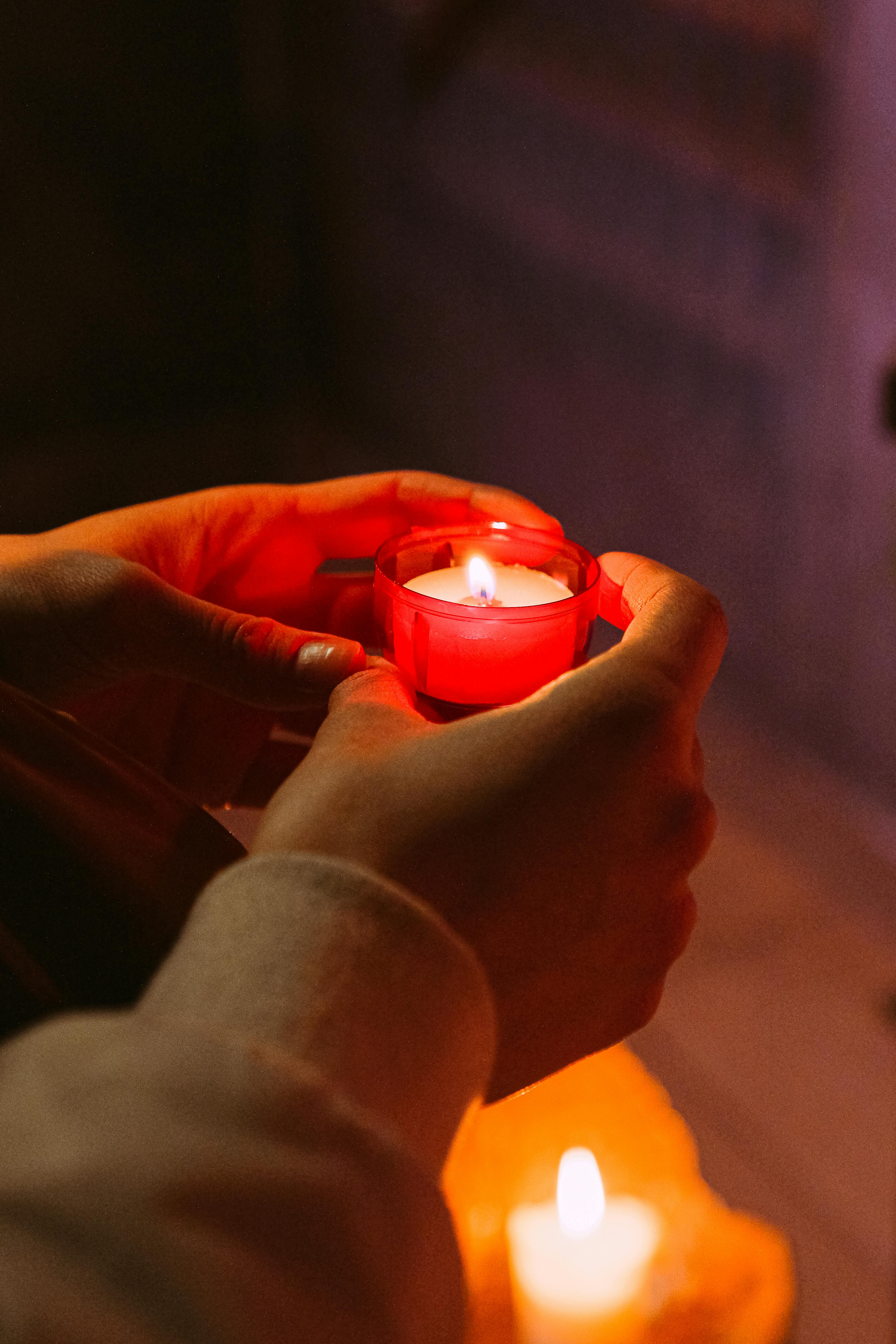Pastors, Teach Your People To Love Their Country

The year 2026 will mark the 250th anniversary of the signing of the Declaration of Independence, and America plans to celebrate. A long-standing bipartisan commission and a White House task force set up by President Trump have been working to set up major events around the country, including a National State Fair in Iowa, a Garden of Heroes, and a massive celebration on the National Mall on July 4.
How should faithful, Bible-believing churches approach America 250? Over the last several years, books, documentaries, and articles have warned us against the dangers of mixing religion and politics. The loudest voices have painted solidarity with one’s country as idolatrous. As a result, many Christians wonder if it’s legitimate to express patriotic feelings at all. A recent Gallup poll shows patriotism is at its lowest level in decades.
As a pastor, I understand concerns over displays of patriotism at church and fears that politics will overshadow God’s kingdom. But I don’t think we should ignore this significant moment in our nation’s life. America 250 may be an opportunity to teach God’s people what healthy love of country looks like.
What does healthy patriotism involve?
1. Healthy patriotism rightly orders loves.
Jonah was unwilling to obey God because he put his loyalty to country above his loyalty to God. Such disordered patriotism should be avoided.
America 250 may be an opportunity to teach God’s people what healthy love of country looks like.
But when writing to the exiles in Babylon, Jeremiah gives us a different picture. He shows us what a healthy sense of duty to nation can look like. He told the exiles to embrace the place where they’d been sent, to seek the welfare of their city (Jer. 29:7). Many Christians today rightly feel like exiles in America, recognizing our permanent home is the new Jerusalem. But like the exiles in Jeremiah’s time, we can still love our earthly home.
How? Healthy patriotism isn’t about choosing between loving God or loving country but about ordering those loves rightly. When Peter wrote, “Honor everyone. Love the brotherhood. Fear God. Honor the emperor” (1 Pet. 2:17), he showed us how to keep our loves in proper alignment. As C. S. Lewis argued, we should express affection for our homeland but keep that affection subordinate to love for God.
When loving God conflicts with love of country, “we must obey God rather than men” (Acts 5:29). Think of those living under totalitarian governments where people of faith have no freedom to worship. Think of Dietrich Bonhoeffer, whom God called to resist the Nazi regime.
Yet even in such cases, resistance to wrong policies and totalitarian abuse often springs from a love of one’s nation; it doesn’t mean rejecting love of a country so much as rejecting obedience to a bad government. G. K. Chesterton was right: “‘My country, right or wrong,’ is something that no patriot would think of saying.” Because we love our country, we care deeply about whether its government is on the right path.
2. Healthy patriotism gives thanks.
Genuine patriotism shows gratitude for the places—both local and national—where God has placed us. Chesterton also wrote,
The fundamental spiritual advantage of patriotism and such sentiments is this: that by means of it all things are loved adequately, because all things are loved individually. . . . Patriotism begins the praise of the world at the nearest thing, instead of beginning it at the most distant, and thus it insures . . . that nothing upon earth shall go without its due appreciation.
Gratitude is an essential trait for a faithful believer (1 Thess. 5:18). In America, we can be thankful for freedom of worship, freedom of speech, and freedom of movement. Millions of people worldwide would love to live in a country as free and prosperous as ours. Only by God’s grace have we been given the gift of living here.
Genuine patriotism shows gratitude for the places where God has placed us.
We live in a land where we’re not only free to worship this Sunday, but we can choose from various faithful congregations with like-minded believers. I often wonder what our brothers and sisters around the world would say about our ambivalence toward patriotism. I wonder if they’d say it sounds strangely like ingratitude.
3. Healthy patriotism seeks renewal.
America isn’t perfect. But if we love the place where God has called us to live, we’ll roll up our sleeves and help to make it better. We’ll get involved in faithful local churches. We’ll support public policies that promote the common good. We’ll serve in the public square where appropriate. And most importantly, we’ll pray for a move of God’s Spirit in America. We’ll pray that the Spirit convicts people’s hearts of sin and their need for salvation. Loving our country means praying for its revival.
In Scripture, God commands us to love him, to love our families, and to love our neighbors. But what about love of country? It can be easy for a modern Christian to dismiss this love as superfluous to Christian duty. But we’re to be grateful to God for all he gives us. The nation where we live—from its heroes to its flaws—isn’t an exception.
Popular Products
-
 Fake Pregnancy Test
Fake Pregnancy Test$61.56$30.78 -
 Anti-Slip Safety Handle for Elderly S...
Anti-Slip Safety Handle for Elderly S...$57.56$28.78 -
 Toe Corrector Orthotics
Toe Corrector Orthotics$41.56$20.78 -
 Waterproof Trauma Medical First Aid Kit
Waterproof Trauma Medical First Aid Kit$169.56$84.78 -
 Rescue Zip Stitch Kit
Rescue Zip Stitch Kit$109.56$54.78